
We use a multidisciplinary approach to help solve your sleep problems!
Dream Big, Sleep Soundly
“I understand that better rest leads to better energy and overall well-being, while poor sleep affects every part of life. My goal is to help each patient achieve real, lasting change through improved sleep, renewed energy, and a better quality of life.”
– Dr. Amalia Geller
Sleep Disorders We Treat

Insomnia
Insomnia in Children: What Parents Should Know
Trouble falling asleep or staying asleep at night
Daytime tiredness, irritability, or trouble focusing
Can be linked to stress, screen time, or medical conditions
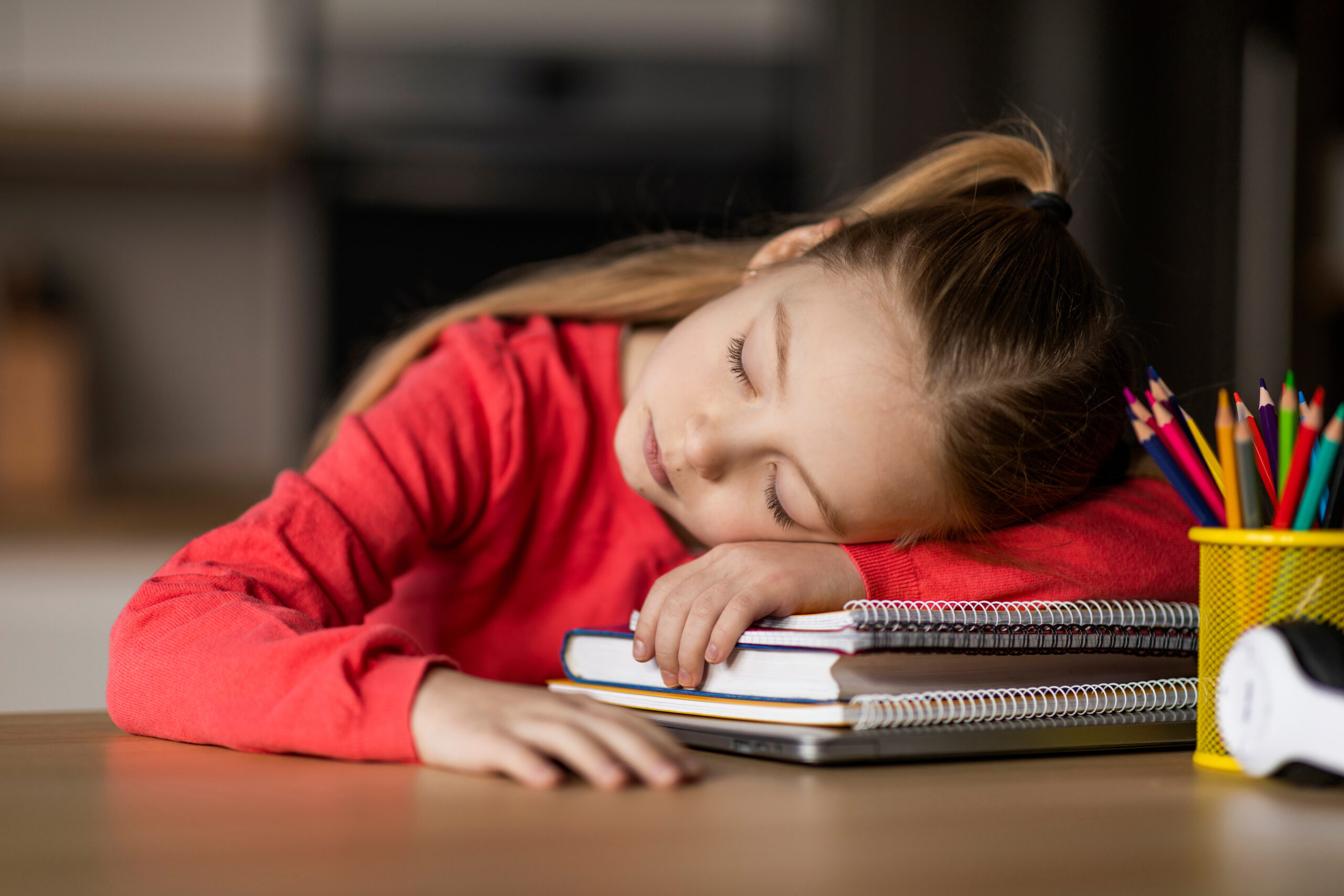
Excessive Daytime Sleepiness
Key Facts to Understand
Overly tired during the day despite enough sleep at night
May fall asleep in class or during activities
Could signal sleep disorders, poor sleep habits, or underlying conditions
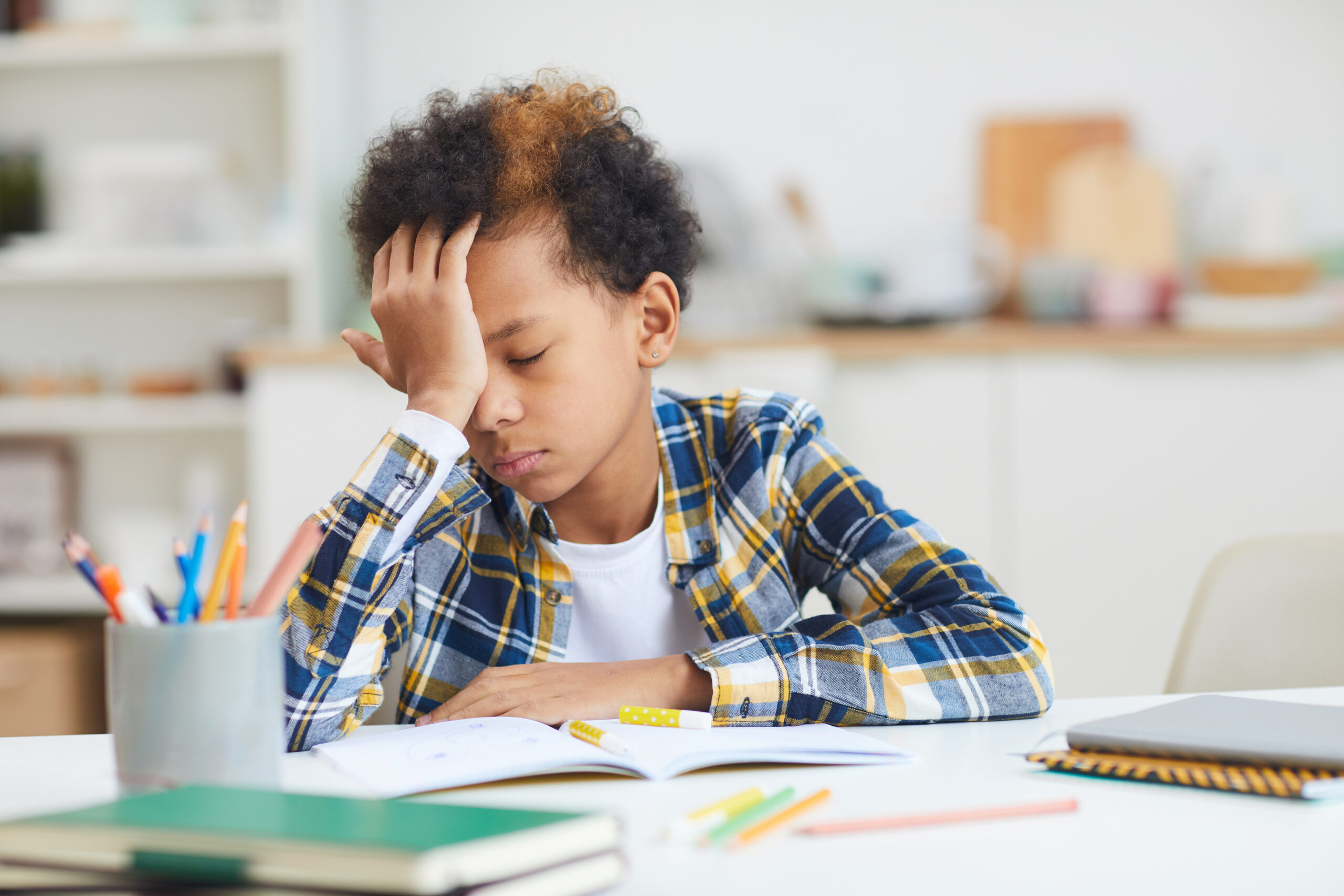
Narcolepsy
Narcolepsy in children can cause sudden sleep attacks
Excessive daytime sleepiness that can cause sudden naps or dozing off during activities
Possible sudden loss of muscle tone (cataplexy) triggered by emotions like laughter
May struggle with attention, learning, and staying awake in school
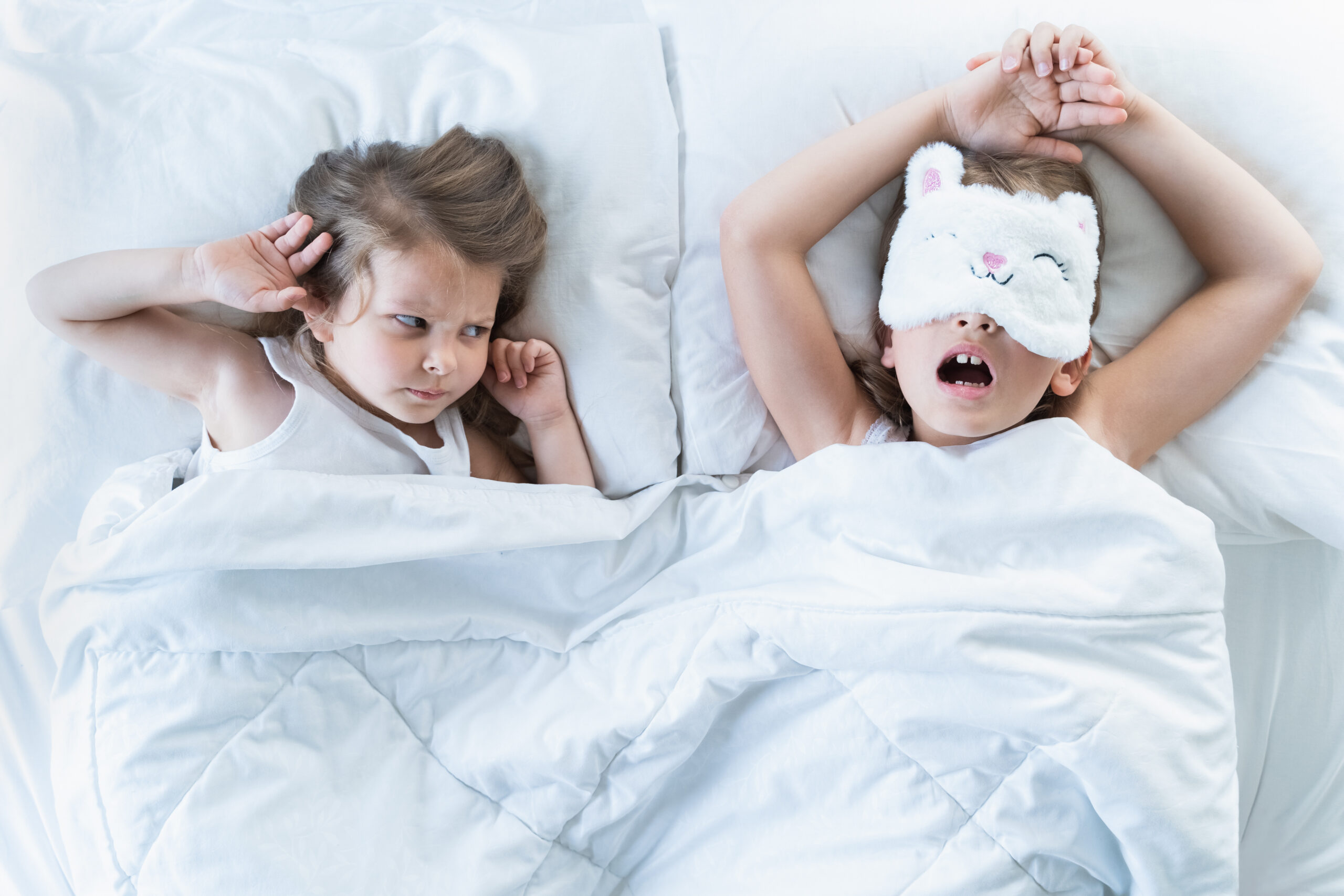
Obstructive sleep apnea
Can seriously affect sleep quality, behavior, and growth
Repeated pauses in breathing during sleep, often with loud snoring
May lead to growth problems or bedwetting if untreated
Daytime tiredness, irritability, or difficulty concentrating in school
May occur with and without loud snoring in children
Children are prone to upper airway resistance due malocclusion with their teeth and facial structure

circadian disorders
Disrupts healthy sleep patterns and daily functioning
- Difficulty falling asleep or difficulty waking up at typical times for their age
Excessive daytime sleepiness and trouble staying alert in school
Can impact mood, behavior, and academic performance

restless legs syndrome/periodic limb movement disorder
Can cause uncomfortable sleep disruptions and daytime fatigue
Uncontrollable urge to move the legs, especially at night
Repetitive, involuntary leg jerks during sleep
Poor sleep quality leading to tiredness, irritability, or trouble focusing
General leg discomfort is also a key feature of the disorder
Can often be described as “growing” pains in children
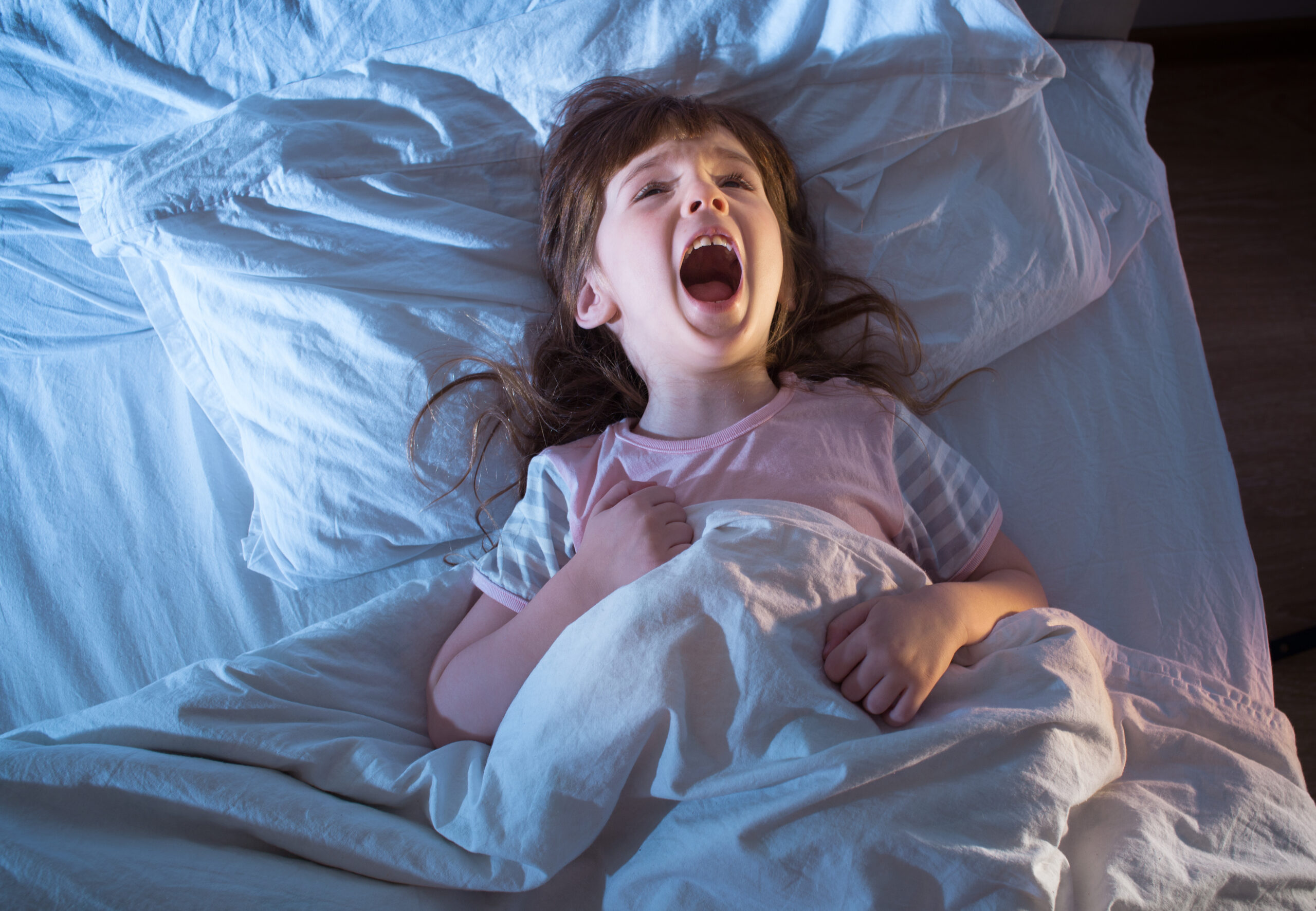
Parasomnia disorders
Unusual behaviors during sleep that can disrupt rest for the whole family
Includes sleepwalking, night terrors, or talking during sleep
Episodes often occur during deep sleep or transitions between sleep stages
May lead to poor sleep quality, daytime sleepiness, or safety concerns

Neurological diseases
Conditions like autism, ADHD, developmental delays, and cerebral palsy can significantly affect a child’s sleep and daily well-being
Difficulty falling or staying asleep due to sensory sensitivities or hyperactivity
Irregular sleep-wake cycles and frequent night waking
Poor sleep can worsen daytime behavior, focus, and overall health
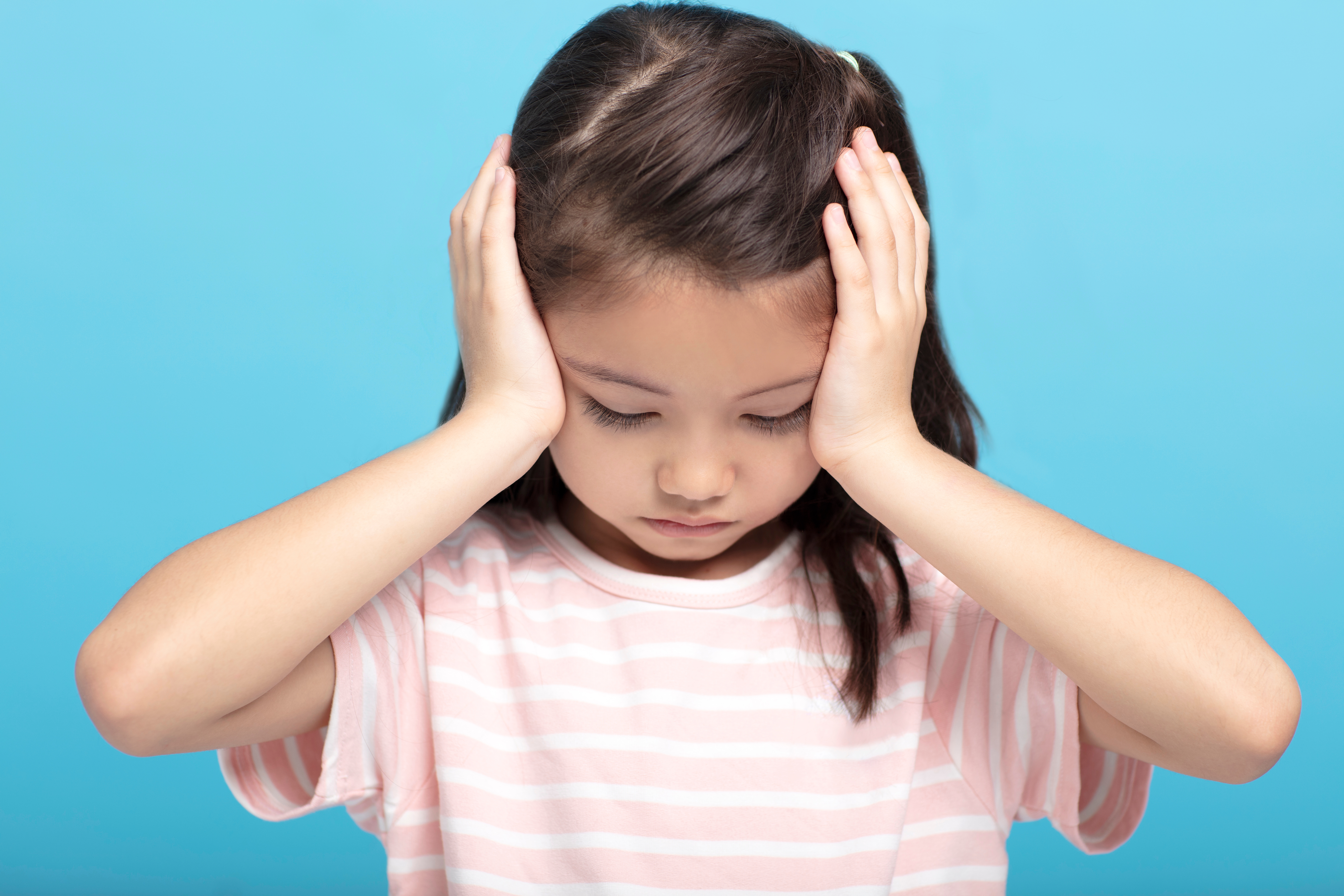
traumatic brain injury
Can lead to long-term sleep challenges that impact recovery and daily life
Trouble falling asleep or staying asleep after the injury
Increased daytime sleepiness and fatigue
Sleep problems can slow healing and affect mood, behavior, and school performance
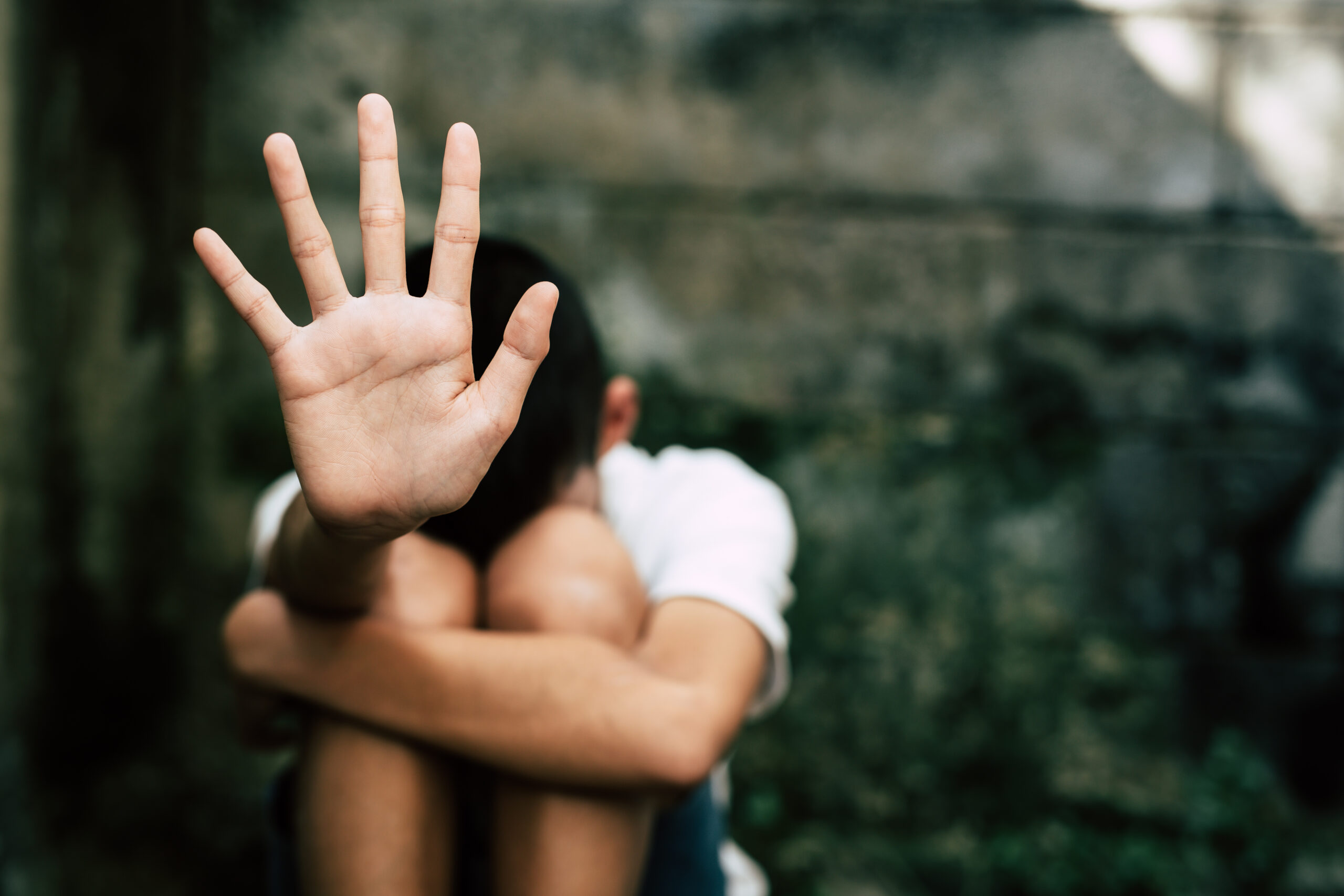
neuro psychiatric disorders
Neuropsychiatric disorders in children can cause significant sleep disturbances that affect their mental and physical health
Trouble falling asleep due to anxiety, depression, or mood swings
Frequent night waking or restless, poor-quality sleep
Daytime fatigue that can worsen emotional and behavioral symptoms

